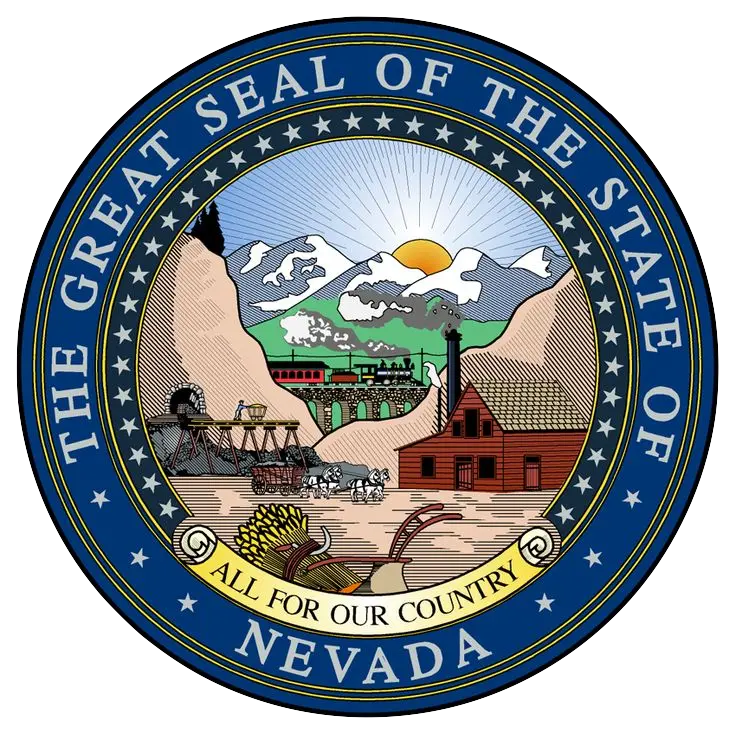Open Enrollment Period
Open Enrollment runs from November 1 through January 15. Outside of Open Enrollment Period, you generally can enroll in a health insurance plan only if you’ve had a recent qualifying life event.
How to Enroll
Enrolling in the right Health Plan can be a complex process. We’re here to help you every step of the way. Find free enrollment assistance near you, review the enrollment checklist, and find a plan that best fits your needs and your budget.
Start an Application
Ready to enroll? Create an account, complete your application, and select a plan.
Manage Your Existing Plan
This section provides information for consumers who are currently receiving coverage through a Qualified Health Plan. Learn about reporting changes in income or family status which might qualify you for a Special Enrollment Period, and find resources that will assist you with filing your federal tax return.
About the Inflation Reduction Act
Thanks to the recently passed Inflation Reduction Act (IRA), this milestone achievement extended the expansion of the premium tax credits on Affordable Care Act (ACA) plans outlined in the American Rescue Plan until 2025. Nevadans who may have earned too much to get financial help in the past are now eligible for the first time.
Frequently Asked Questions
Find answers to common questions from individuals and families.
Contact information
Customer Assistance Service line: 1-800-547-2927 (TTY 711)
Hours: Monday through Friday 9:00 AM to 5:00 PM PST

Get Help Enrolling




